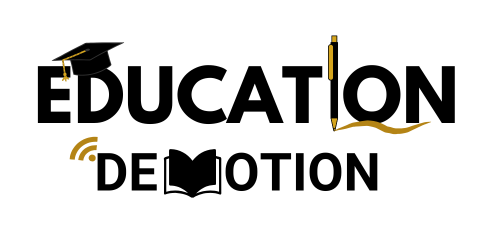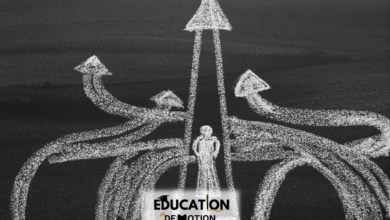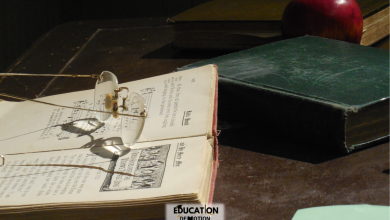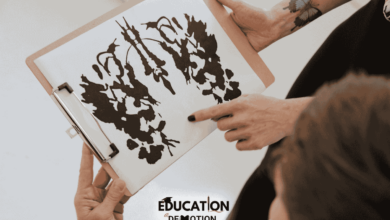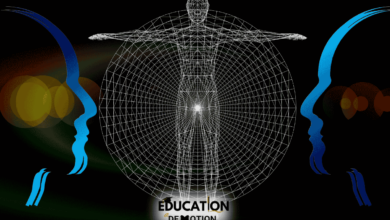EPY 303 Educational Psychology: Guide for Students
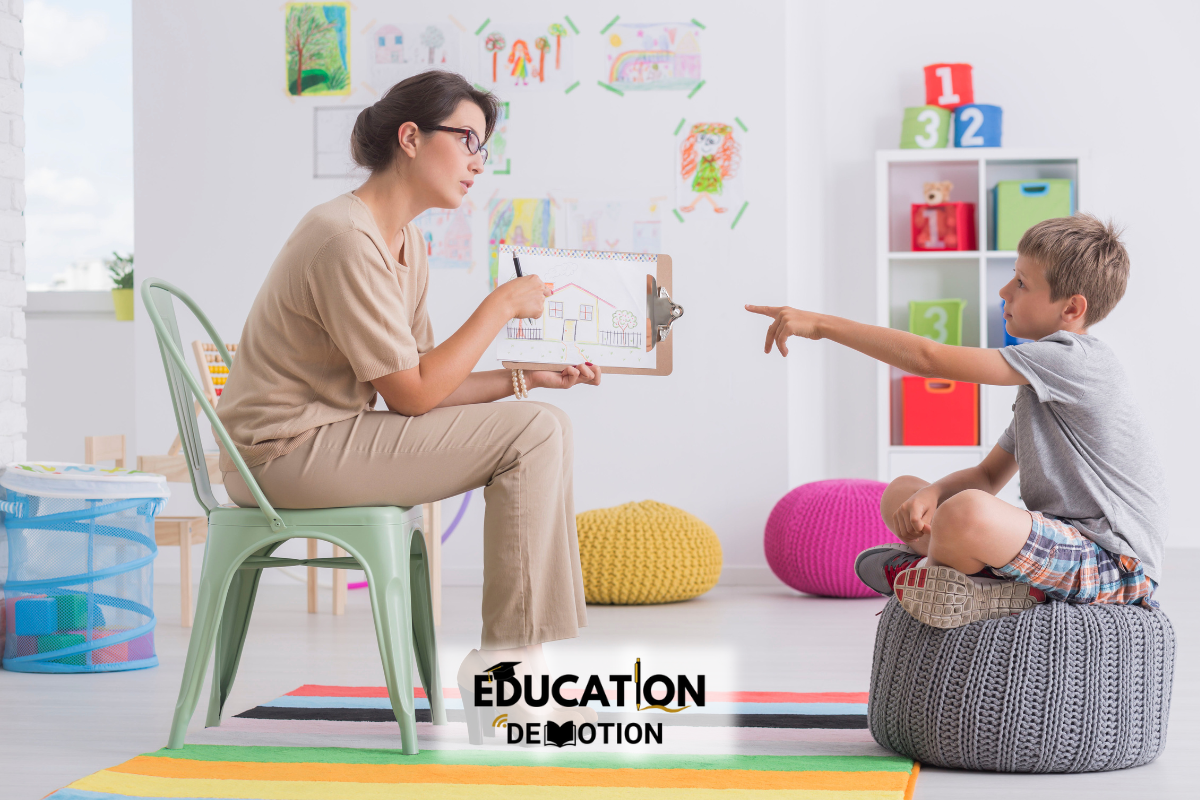
EPY 303 Educational Psychology is a core course that exposes students to learning principles and theories of teaching as well as human development. With classroom achievement in the contemporary world depending considerably on knowing how students learn and think, this course remains essential for equipping would-be educators. Through the integration of cognitive science, pedagogy, and developmental psychology, EPY 303 Educational Psychology prepares learners to create effective learning environments.
Let’s discover the key pillars of this course, its applicability, and what students can anticipate.
Learning the Essentials of EPY 303 Educational Psychology
One of the fundamental goals of EPY 303 Educational Psychology is to overcome the disconnect between psychological theories and instructional practices. If you want to become an educator, counselor, or educational administrator, this course offers a template to grasp student behavior and cognitive development.
Important Theories Discussed in EPY 303
- Cognitive Development: Students examine Piaget’s stages, Vygotsky’s social development theory, and information processing theories. These theories explain how students learn and store knowledge.
- Behavioral Learning: From operant conditioning by Skinner to Bandura’s observational learning, students must understand behavioral psychology to manage a classroom well.
- Motivational Strategies: The course discusses intrinsic and extrinsic motivation and how they affect student engagement and accomplishment.
Why These Theories Are Important?
Integration of such models in the classroom enhances instructional design. Teachers are made more flexible, understanding, and effective — especially in multicultural learning environments.
Teaching Approaches and Classroom Implementation
EPY 303 is not theory-only — it places strong emphasis on practice. Learners understand how to translate psychological principles into teaching methods and student engagement.
Active Learning Strategies in EPY 303 Educational Psychology
By using simulations, case studies, and teamwork, students see firsthand how psychological principles are used in actual school settings. This experiential learning enhances retention and encourages teamwork.
Differentiated Instruction and Learning Styles
One of the important things covered in EPY 303 Educational Psychology is the different modes through which students learn. The course highlights:
- Visual, auditory, and kinesthetic learning
- Individualizing lessons to individual needs
- Employing assessments to guide instruction
By understanding learning preferences, future educators can design inclusive and effective lessons that accommodate all learners.
EPY 303 Educational Psychology Builds Educator Confidence
Confidence is a critical trait for any teacher. When students grasp psychological concepts, they feel more prepared to manage classrooms and foster student growth.
Decision-Making and Critical Thinking Skills
The course serves to hone analytical abilities. Whether one is considering how to manage classroom disruptions or assessing student progress, what is learned enables more thoughtful, intelligent decisions.
Boosting Emotional Intelligence
Another area frequently neglected in teacher prep curriculum is emotional intelligence. While EPY 303 does include emotional knowledge and empathy as part of its construct, it is assured that future teachers will be able to build caring, emotionally secure classrooms.
Who Should Enroll in EPY 303 Educational Psychology?
The course is best suited for:
- Pre-service teachers
- School counselors
- Educational administrators
- Those who are interested in human learning and development
No matter if you are preparing for a career in higher education or K-12 education, the knowledge learned through EPY 303 Educational Psychology will remain applicable for your entire professional career.
How EPY 303 Prepares You for the Real World
Shifting from theory to practice is usually difficult. Fortunately, EPY 303 Educational Psychology features real-world, practical projects that ready students for actual teaching situations.
Project-Based Learning and Reflective Journaling
Assignments here involve self-reflection and practical application. From lesson plan design to actual classroom observation, students think deeply about what works — and why.
Collaborative Learning Environment
Group discussions promote peer-to-peer learning and enable students to examine case studies from diverse angles. This creates a strong sense of community and reinforces the overall learning environment.
FAQs
What is EPY 303 Educational Psychology about?
It’s a class that examines how psychological theories interface with teaching and learning, how students learn, and how educators can serve them better.
Is it for future educators?
No. It’s valuable for anyone who works in education — counselors, administrators, training professionals, and more.
How is EPY 303 not the same as general psychology?
Whereas general psychology covers a wide ground, EPY 303 narrows the focus to learning, instruction, and student growth and development in schools.
What are the major takeaways of EPY 303?
Better teaching strategies, classroom management, and knowledge of student behavior.
Does the course have any practical elements?
Yes. It has case studies, lesson planning, and classroom observation.
Can this course assist with student motivation?
Yes. One of its objectives is to prepare teachers with strategies to increase student motivation and engagement.
